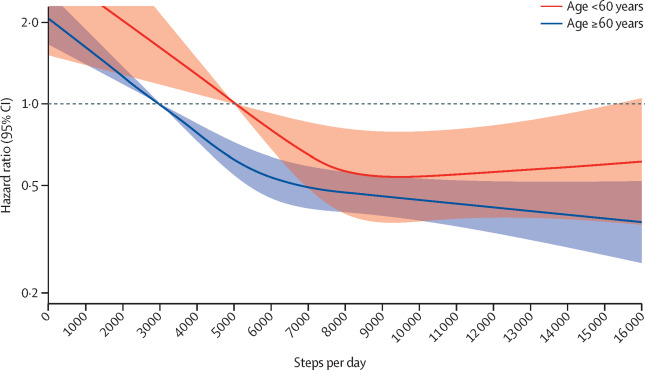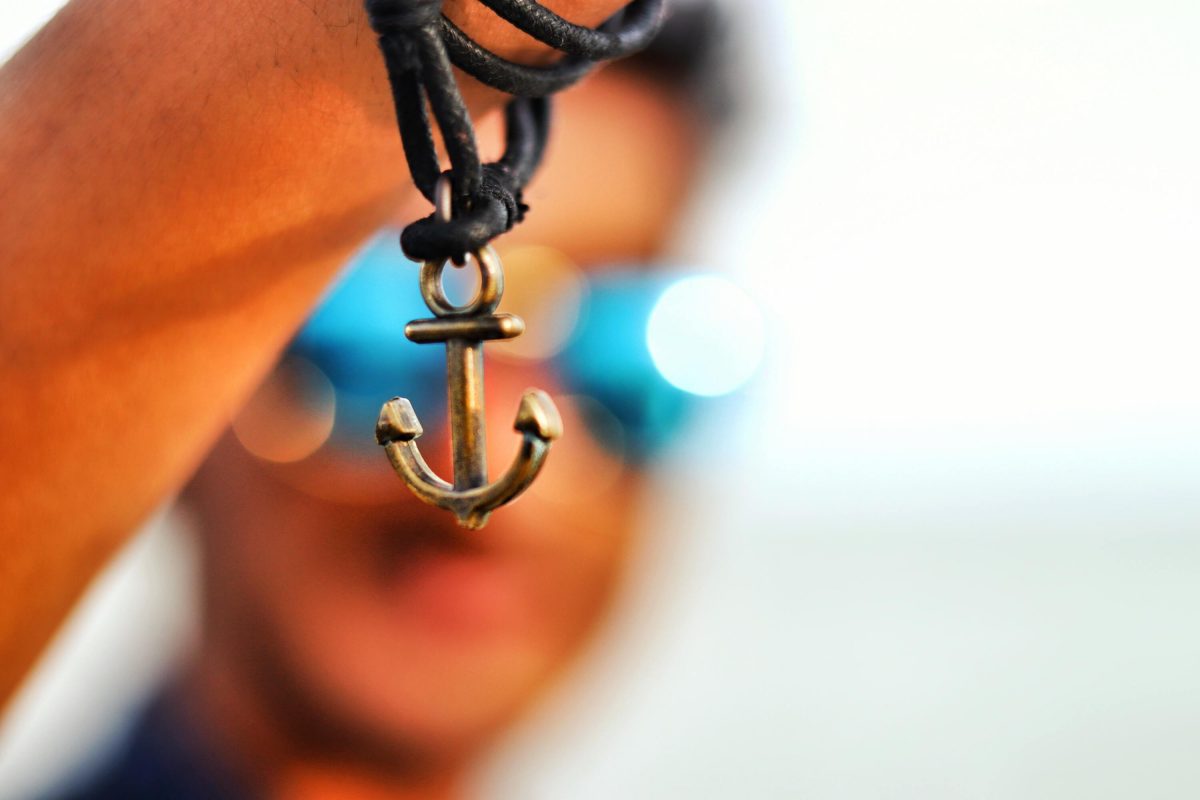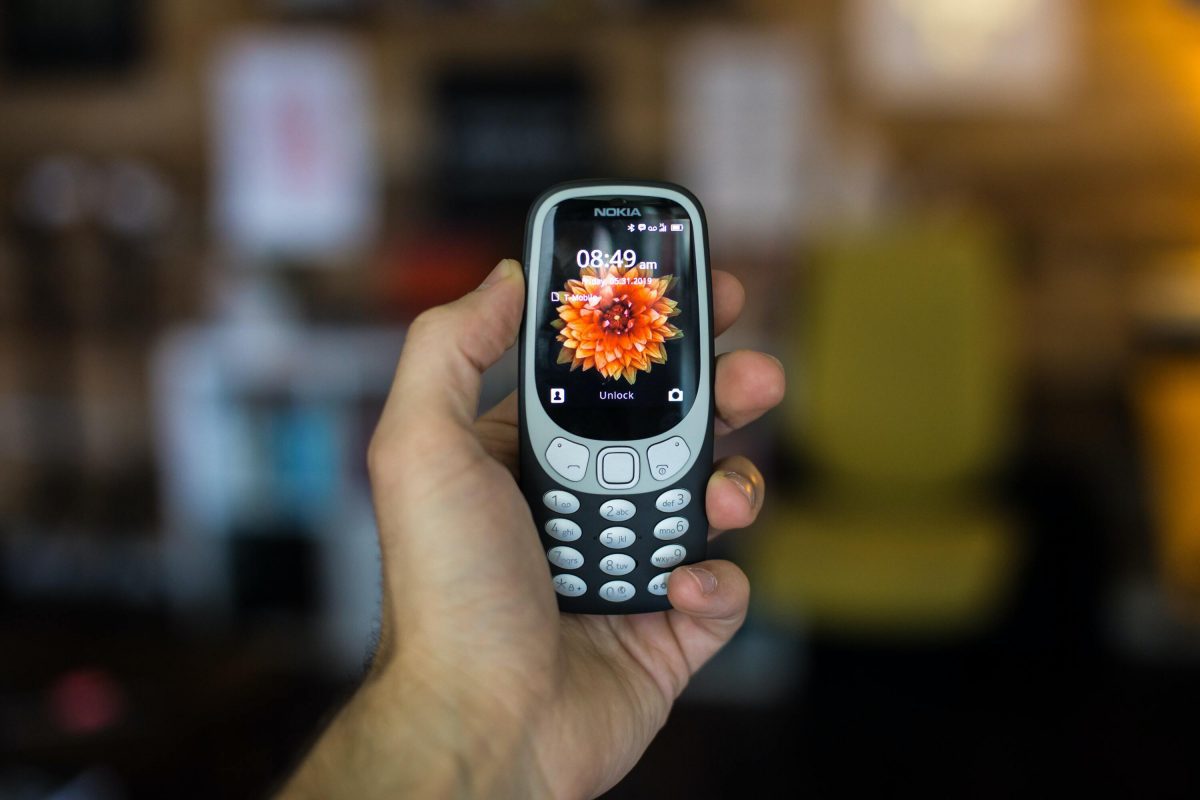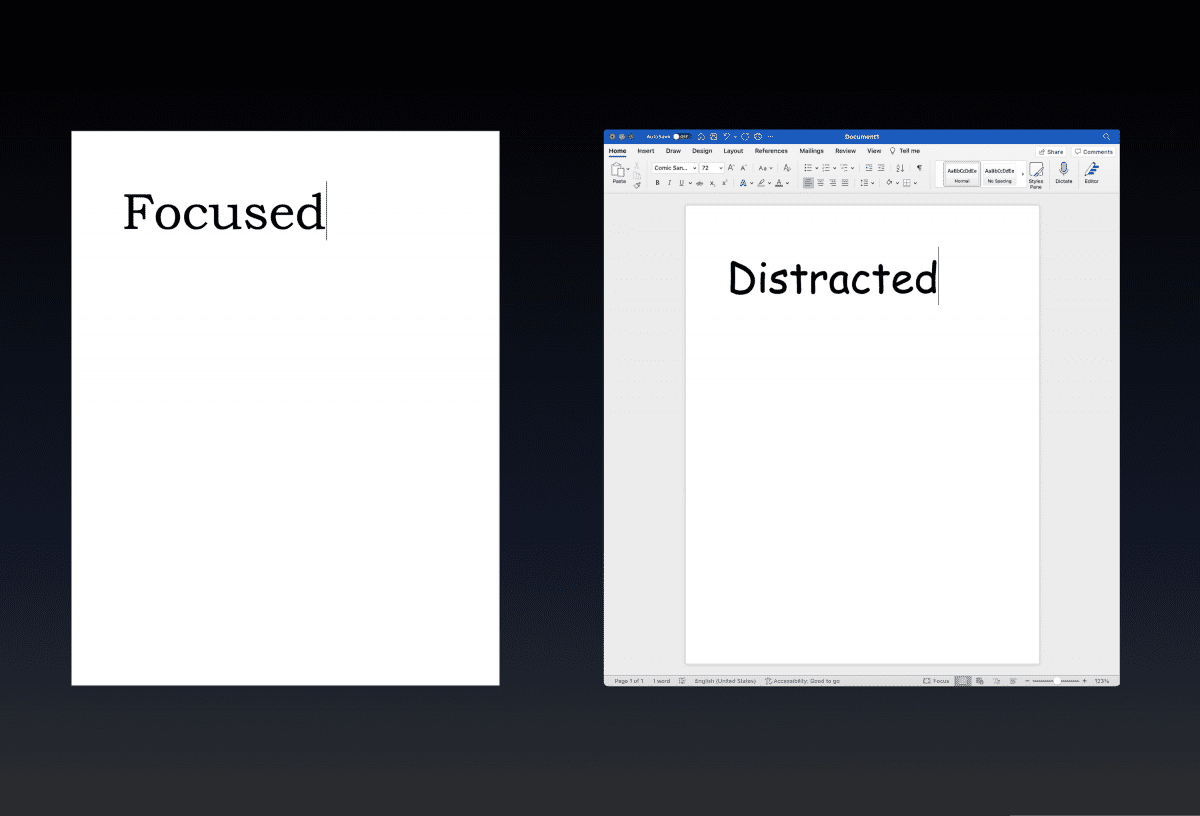Get a Dose of Nature Every Day
Like an apple a day, you also need a dose of nature every day. Exposure to natural surroundings is associated with a wide range of health benefits from decreased blood pressure to reduced risk of depression.
Interestingly, the Minimum Effective Dose (MED) of nature is really low. The MED is the least amount of something you can take to get the health benefit, and the pharma industry spends a lot of time calculating this. For nature exposure, you get most of the benefits from simply spending 15 minutes in natural surroundings, and it doesn’t have to in a wilderness far from everyone. If you live in an appartment far from parks, you can establish natural surroundings on your balcony with balcony planters or flower pots. If you don’t have a balcony, find some robust house plants and fit a lot of them into a corner of one room so you can sit there and get your shot of nature.
Nature is good for you. Make sure you get your daily dose.









